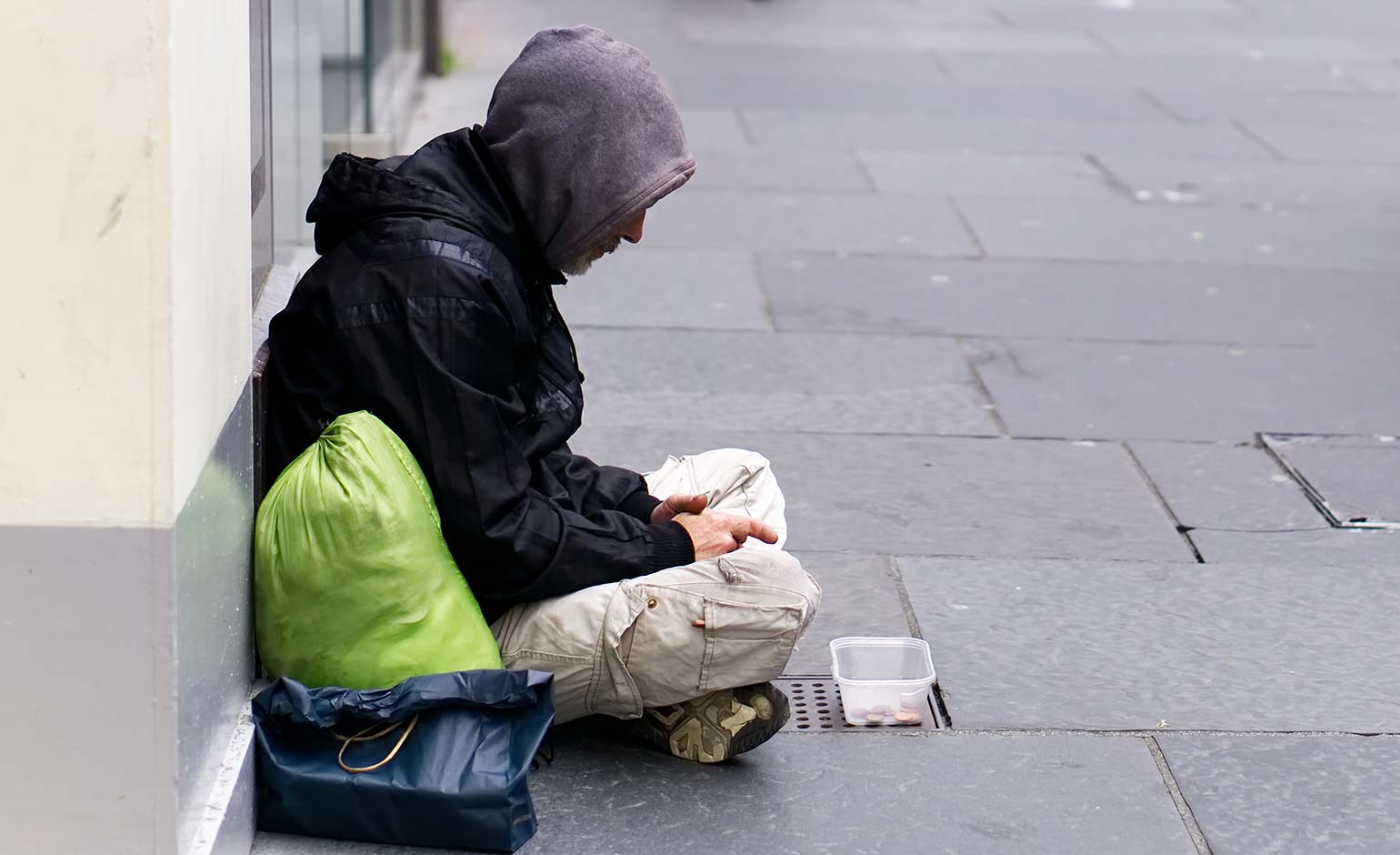Bath & North East Somerset Council rose to the challenge of finding accommodation for rough sleepers during lockdown, housing 42 people within days of the government’s instruction to get ‘everyone in’.

As all emergency accommodation had to be suitable for self-isolation and social distancing, all communal night shelters, including B&NES Safesleep winter accommodation, were closed.
Following advice from the government and Public Health, ten residents were moved out of Manvers Street Homeless Hostel to reduce the risk of transmission and to create space for residents to socially distance and self-isolate if necessary.
The council adopted a hybrid approach to providing accommodation using vacant council-owned, self-contained accommodation, suitable for self-isolating and social distancing, and securing self-contained accommodation in a hotel for a relatively small number of clients.
Within 10 days of the government’s directive, all rough sleepers had been found suitable accommodation. Organisations including Julian House, DHI, AWP Mental Health Partnership and SDAS (drug & alcohol treatment agency) worked together to bring “everyone in” and the approach has proved sustainable.
Cllr Tim Ball, cabinet member for Housing, Planning and Economic Development said: “The scale of the challenge we were faced with in providing emergency accommodation for rough sleepers cannot be underestimated. However, through a partnership approach we were able to rise to that challenge.
“Getting ‘everyone in’ provided a valuable opportunity to work with people who have had little or no contact with support services in the past and we continue to work on a daily basis very closely with the agencies providing support to those accommodated during lockdown.
“The priority is of course to move those housed in emergency accommodation on to more long-term housing solutions, but physical and mental health, addiction issues and general wellbeing are also critical to their long-term prospects.
“What we have learned through this experience is that accommodation can very rapidly provide opportunities to make real and lasting changes, especially in the aspirations of the people we have been able to engage with which is why we have made a bid for additional funding to keep these new avenues open and rough sleeping levels as low as possible in the future.”
The council’s work was supported with £12,750 from the Rough Sleeping Contingency Grant.



